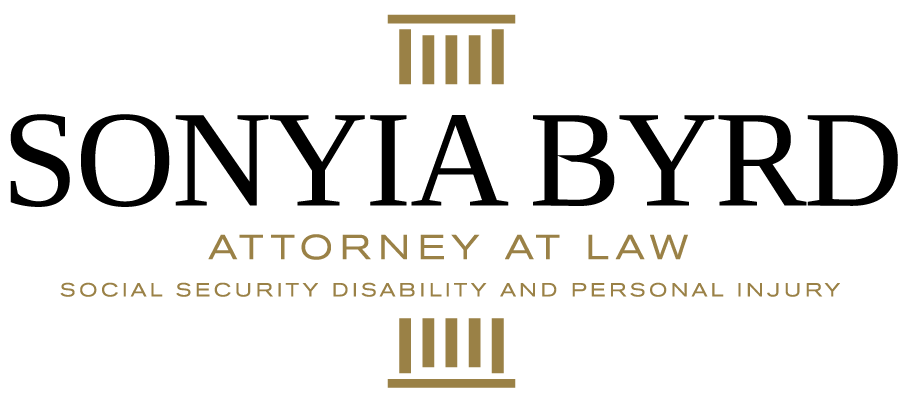Personal Injury
Whether you are in Dallas, Fort Worth, or anywhere in the DFW, Attorney she can help. They have successfully represented individuals injured in a variety of fatal and near fatal catastrophic accidents. There are a number of things you should do in the first few days after an injury and the weeks that follow to protect your right to compensation if you want to file an injury claim. With the possible exception of filing a formal claim against a government entity, there’s no single step that you absolutely must take to obtain a fair settlement, and no set order in which you must proceed. However, the sooner you get an attorney on your side the more of the following suggestions you can follow and the more smoothly your claim process is likely to flow. To help your meeting with them to be most productive, it is important to write down as much as you can about the accident itself, your injuries, and any other losses you’ve suffered (such as wages) as a result of the injury accident.
The Accident:
As soon as your head is clear enough, jot down everything you can remember about how the accident happened, beginning with what you were doing and where you were going, the people you were with, the time and weather. Include every detail of what you saw and heard and felt — twists, blows, and shocks to your body immediately before, during, and right after the accident. Also include anything you remember anyone — a person involved in the accident or a witness — saying about the accident.
Your Injury:
In the first days following your injury incident, make daily notes of all pains and discomfort your injuries cause. You may suffer pain, discomfort, anxiety, loss of sleep, or other problems which are not as visible or serious as another injury but for which you should demand additional compensation. If you don’t make specific note of them immediately, you may not remember exactly what to include in your demand for settlement weeks or months later. Also, taking notes will make it easier for you later to describe to an insurance company how much and what kind of pain and discomfort you were in.
Write down details of your injuries and their effect on your daily life. These notes can be very useful two or six or ten months later, when you put together all the important facts into a final demand for compensation. Having notes to remind you of the details of what happened, and what you went through, is both easier and more reliable than counting on your memory.
Writing down your different injuries may help your doctor diagnose you. For example, a relatively small bump on the head or snap of the neck may not seem worth mentioning, but it might help both the doctor and the insurance company understand why a bad back pain developed several weeks after the accident. Also, by telling the doctor or other medical provider about all of your injuries, those injuries become part of your medical records that will provide evidence later that such injuries were caused by the accident.
Supporting Evidence:
Thereafter, get into the habit of taking notes on anything you think might possibly affect your claim and carry it through the entire claims process. Whenever you remember something you had not thought of before — while you’re in the shower, just before you fall asleep, as you’re biting into a pastry — write it down and put it with your other notes. Here are some specific things about which you should make notes. Make written notes of the date, time, people involved, and content of every conversation you have about your accident or your claim. In-person or telephone conversations worth noting may include those with any witness, adjuster, or other insurance representative, or with medical personnel.
Economic and Other Losses:
You may be entitled to compensation for economic loss and for family, social, educational, or other losses, as well as for pain and suffering. But you will need good documentation. Begin making notes immediately after the accident about anything you have lost because of the accident and your injuries: work hours, job opportunities, meetings, classes, events, family or social gatherings, vacation, or anything else which would have benefited you or which you would have enjoyed but were unable to do because of the accident.
Other Losses:
Preserve evidence of who or what caused the accident and what damage was done by collecting physical evidence and taking photographs. If practical, you may want to return to the scene of the accident to take notes or pictures or locate and talk to witnesses who may help your case. Notify anyone you think might be responsible for the accident of your intention to file a claim for your injuries.
But you must be aware of the laws, called “statutes of limitations,” that limit the time in which you have to file. If you miss your state’s deadline, you will lose your right to recover compensation in court, and will be forced to abandon your claim altogether so contact us right away. Sonyia Byrd will discuss your state’s laws that limits the time that applies to your case.


